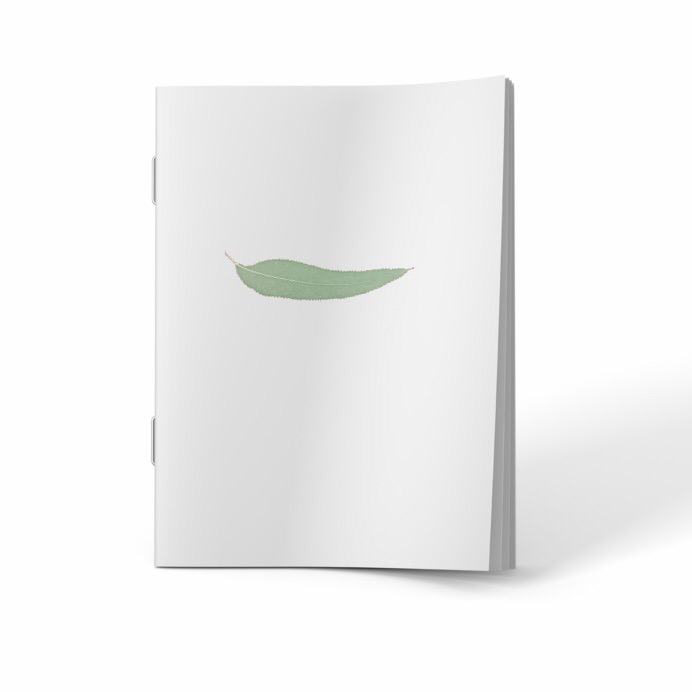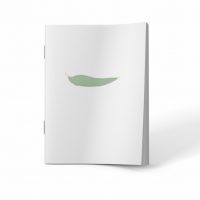The momentary hap of Bother— Jagur McEwan
$9.90
This paper is many things, it started as a conference paper exploring what would happen, as community service workers, if we stepped away from language like the ‘complex needs client’, instead playing with an archetype such as the Rascal, the mischievous ‘trouble maker’, and seeing the Bother in trouble as a way to connect, to a journal piece that invites you into a liminal space I shared with one particular client in an LGBTIQA+ specialist organisation, who taught me how the dispossession of hope, which I came to acknowledge as her resistance, in the face of not being deeply seen, but wanting to connect with others, was cause for honour. This journey is peppered with Queering narrative approaches such as externalising, re-authoring and acknowledging the absent but implicit as acts of exorcising that which has been internalised, carving alternative identities and writing oneself back in from the margins, so endemic in the struggles of the collective LGBTIQA+ communities and our histories of erasure. Finally, it has become a reflection on my decentred practice; a love letter that strikes the blood of my work.
Description
This paper is many things, it started as a conference paper exploring what would happen, as community service workers, if we stepped away from language like the ‘complex needs client’, instead playing with an archetype such as the Rascal, the mischievous ‘trouble maker’, and seeing the Bother in trouble as a way to connect, to a journal piece that invites you into a liminal space I shared with one particular client in an LGBTIQA+ specialist organisation, who taught me how the dispossession of hope, which I came to acknowledge as her resistance, in the face of not being deeply seen, but wanting to connect with others, was cause for honour. This journey is peppered with Queering narrative approaches such as externalising, re-authoring and acknowledging the absent but implicit as acts of exorcising that which has been internalised, carving alternative identities and writing oneself back in from the margins, so endemic in the struggles of the collective LGBTIQA+ communities and our histories of erasure. Finally, it has become a reflection on my decentred practice; a love letter that strikes the blood of my work.

